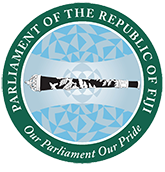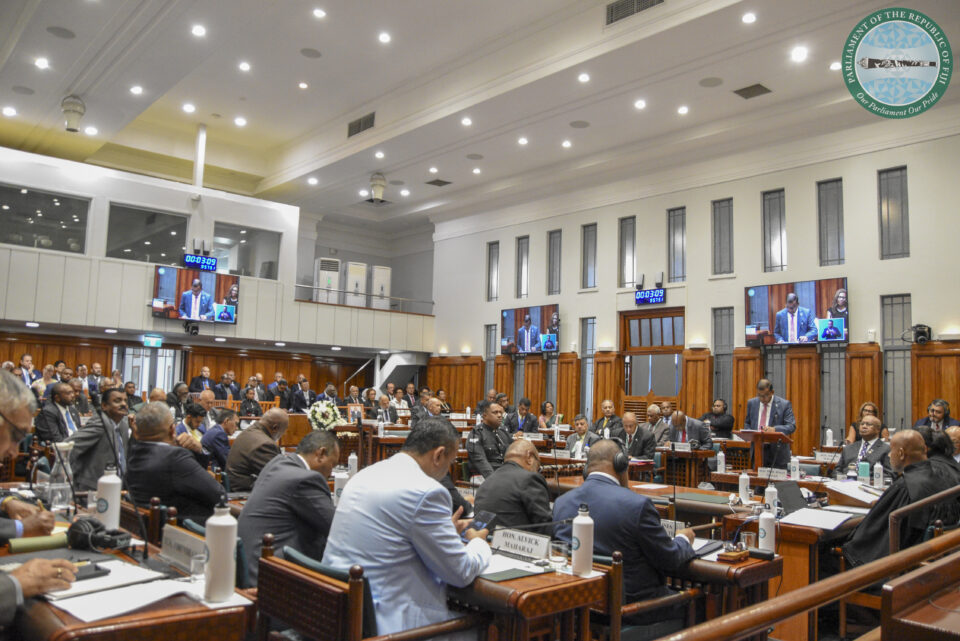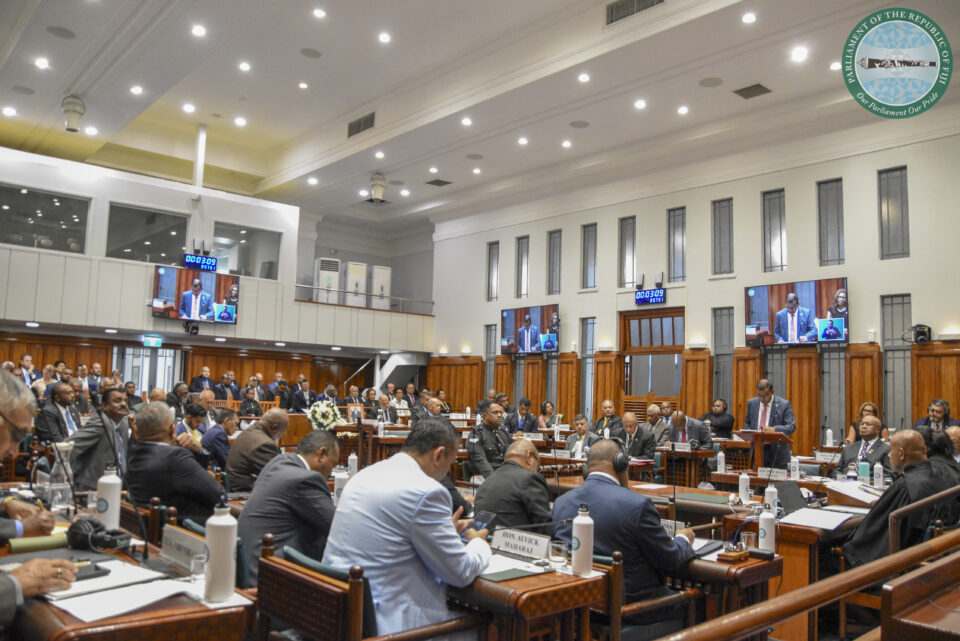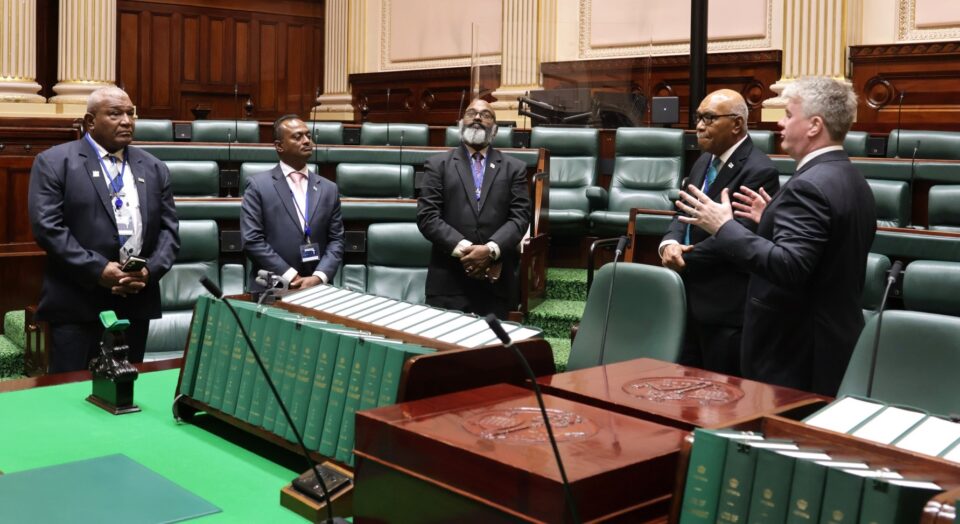Ruling in relation to Petition for inquiry into voter card renewal requirements and the use of married names
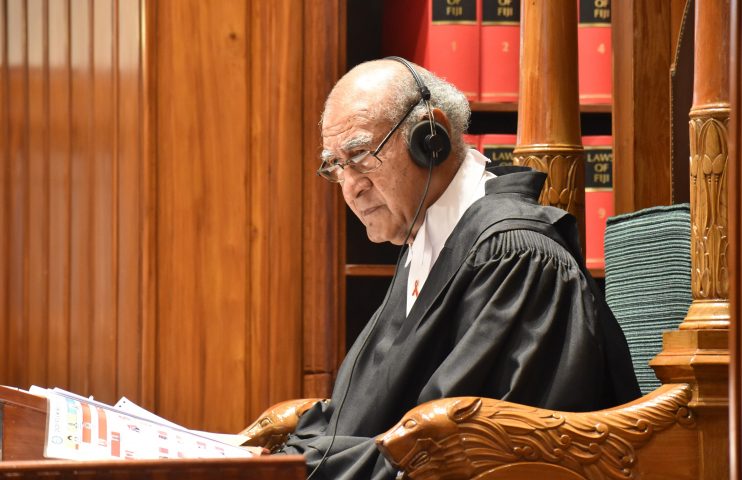
Honourable Members, I received a petition from the Honourable Leader of the Opposition on 19 February 2020. This petition is being considered today as the March sitting of Parliament was dedicated to the urgent consideration of the COVID-19 Response Budget.
The petition requests the following:
“To refer to the Standing Committee on Justice, Law and Human Rights to conduct a holistic inquiry into the new requirement for birth certificates to renew voter ID card, and ban on married women using their husband’s name unless they change it by deed poll with the view to protect the interest and right to vote of all citizens, poor or rich, men and women”.
Pursuant to Standing Order 37(2)(b), the Speaker must scrutinise a petition to “ensure that the petition … is seeking action which lies within the powers of Parliament to take”. As such, I have scrutinised the petition to ensure that:
- Firstly, it requests for a clear action for Parliament to take; and
- Secondly, such action lies within the powers of Parliament to take.
Honourable Members will note that these requirements are elaborated in the second and fourth standards listed in the Petition Standards of my ruling on 18 February 2020. I strongly recommend that members consider these standards while drafting their petitions.
Firstly, I note that the petition does not request for a clear action for Parliament to take. Honourable Members, under standing order 37(5), the process for the presentation of a petition to Parliament requires a motion to refer the petition to a Standing Committee for an inquiry. As such, an inquiry by a Standing Committee is an ingrained part of the petitions process and is not the action that must be scrutinised by the Speaker under standing order 37(2)(b).
The petition must request a specific action, such as a recommendation for a change of process in a particular matter or for a resolution or declaration of Parliament. If that action is clearly listed in the petition, the Speaker may then scrutinise it to ensure that it is an action which is within the powers of Parliament to take. This petition does not request for a clear action and thus fails in this regard.
Furthermore, section 6(1) of the Electoral Act 2014 provides for the Supervisor of Elections’ power to administer voter registration and section 3 of the Act specifically provides for the responsibility and authority of the Electoral Commission over such registration and over any electoral disputes that may arise. Finally, and perhaps most importantly, section 75(2) of the Constitution of the Republic of Fiji also firmly entrenches these matters as the responsibility of the Electoral Commission.
I have made many rulings specifically advising Members of Parliament to ensure that your petitions do not seek to subvert the responsibility of the executive and any authority as delegated clearly under written law. I do not wish to repeat myself at every sitting.
Honourable Members, I rule that this petition cannot be tabled in Parliament as—
- It does not request for a clear action as required under standing order 37(2)(b); and
- It does not refer to matters which are the responsibility of Parliament.

